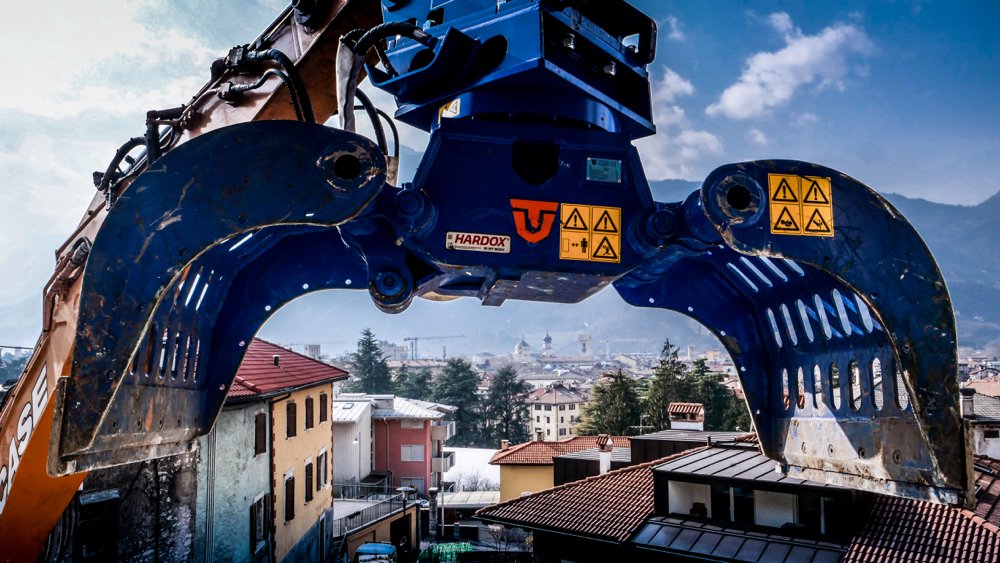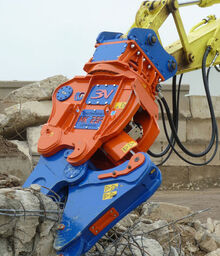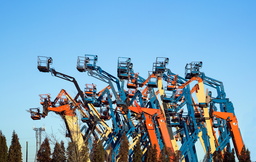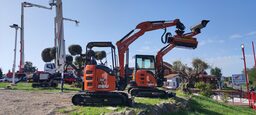
June 27, 2023
Is earthmoving equipment rental still attractive in 2023?
#rental #construction & commercial vehicles #digital transformation #construction machinery and attachmentsThe profitability of the rental service in the construction sector in 2023 is directly involved with the ability of renters to change into advanced service providers
Is leasing in the earthmoving machinery sector and construction in general worthwhile in 2023? The answer to this question is not simple and should be well analyzed starting from the Italian building peculiarity. The basis is that the rental business in the earthmoving machinery sector by 2023 must consider the current challenges in the environment and the mechanics of building, such as sustainability, innovation, human skills as well as the marginality linked to the rental service. The role of modern rental in Italy can certainly rise, provided that it place itself as a strategic choice in the construction chain and not as a main support for companies during work peaks.
Let’s say that rental in Italy is still very fragmented and that the basic legislation does not recognize the figure of the renter. Companies that deal with rental are developing from traditional machine suppliers for occasional needs to the role of general provider. This involve certain obligations in order to remain on the market, such as the need to digitize, train new professional figures, oversee safety, as well as take charge of the ecological transition.
The role of digitization
When speaking about rental in the construction sector the real impact of digitization should be taken into consideration. Digitization improves the customer experience, it fully support all phases, maintenance, fleet management, credit access control or insurance coverage. The advantages go far beyond the automation of processes. A greater efficiency leads to the supply of well-timed services and also to the improvement of the economic margins. But not all players in the supply chain are interested and willing to approach the digital. In this sense the high average age of the sector plays an important role.
The importance of training
In order to improve the rental sector and ensure that operators go from “rent-of-cars” to value creators, new skills are needed. Despite a youth unemployment rate of 30%, there are few technicians in Italy. According to official studies conducted in Italy, Portugal and Spain, it emerges that young people are unwilling to take professional courses because they think these are prerogative of those who have no aptitude for study. In the coming years, only operators who will take up a reputation’s repositioning process of the technician role will enter the construction market. That is to say the one who has a strong aptitude for problem solving, as well as increasingly specific skills, such as predictive maintenance, mechatronics, digitization. This aspect is directly related to rental in construction, because its effectiveness also and above all depends on the ability of the companies to offer an articulated and high-level professional service, mediated by trained professionals. Otherwise the only indicator will remain the rental price.
More than just an accessory service
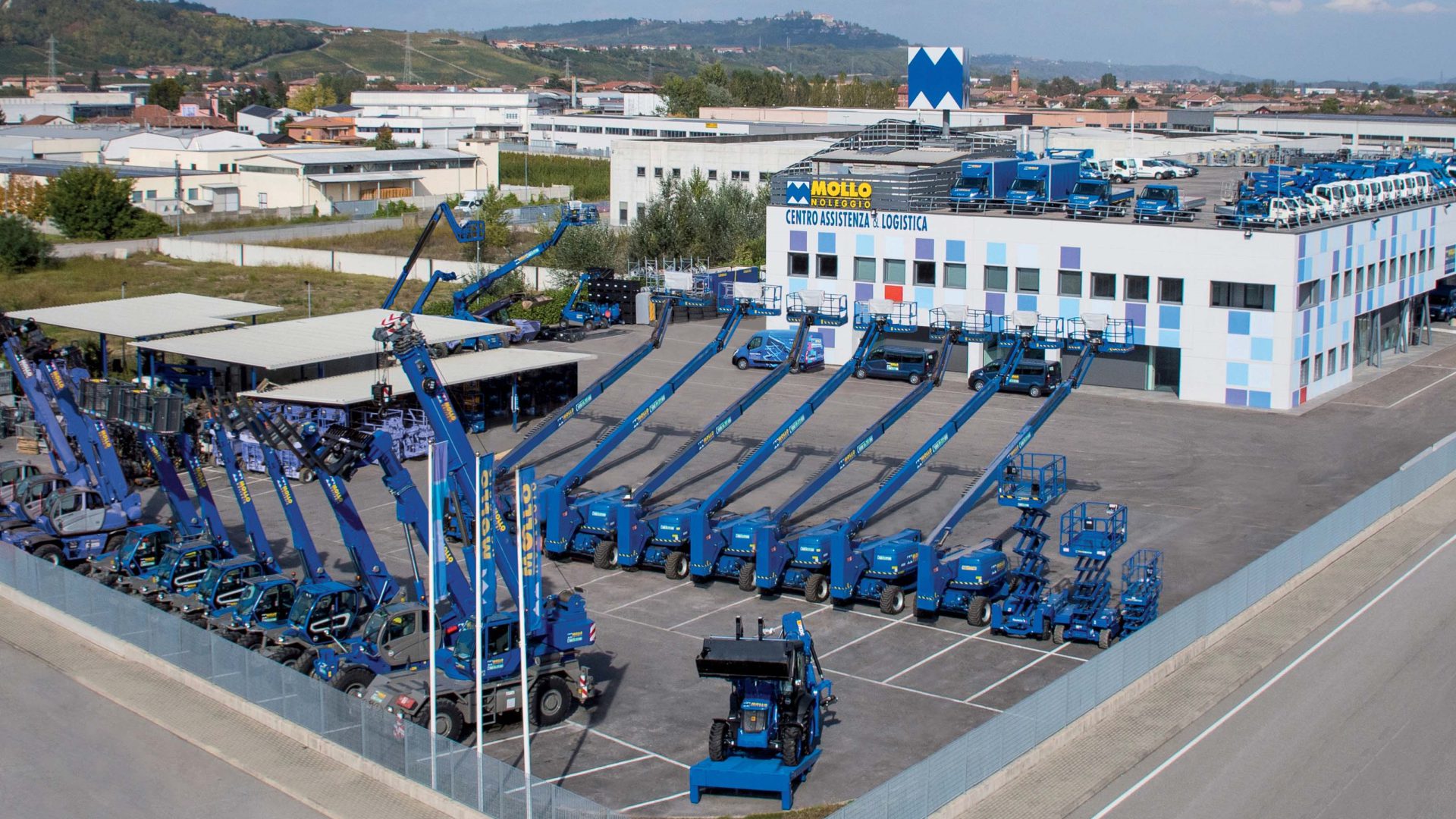 For a truly modern rental you need to get out of the here and now mentality and have a more forward-looking approach. Just think of the investments in personnel training and the consequent value that comes from it: a well-trained technician can both solve a very normal machine downtime and support the customer in preparing a long-term rental plan as an alternative to purchase. This way the value of the service justifies a higher ranking. The renter is now called to raise the value of the service both towards its employees and towards customers, suppliers, stakeholders. Therefore it also has a social role. The attention to sustainability and safety, the growth of people's skills, digitization, the exchange of ideas between people involved allow us to give a different interpretation of the sector: from mere negotiation to a real cultural change.
For a truly modern rental you need to get out of the here and now mentality and have a more forward-looking approach. Just think of the investments in personnel training and the consequent value that comes from it: a well-trained technician can both solve a very normal machine downtime and support the customer in preparing a long-term rental plan as an alternative to purchase. This way the value of the service justifies a higher ranking. The renter is now called to raise the value of the service both towards its employees and towards customers, suppliers, stakeholders. Therefore it also has a social role. The attention to sustainability and safety, the growth of people's skills, digitization, the exchange of ideas between people involved allow us to give a different interpretation of the sector: from mere negotiation to a real cultural change.
Long-term rental and the construction sector: who pays for it
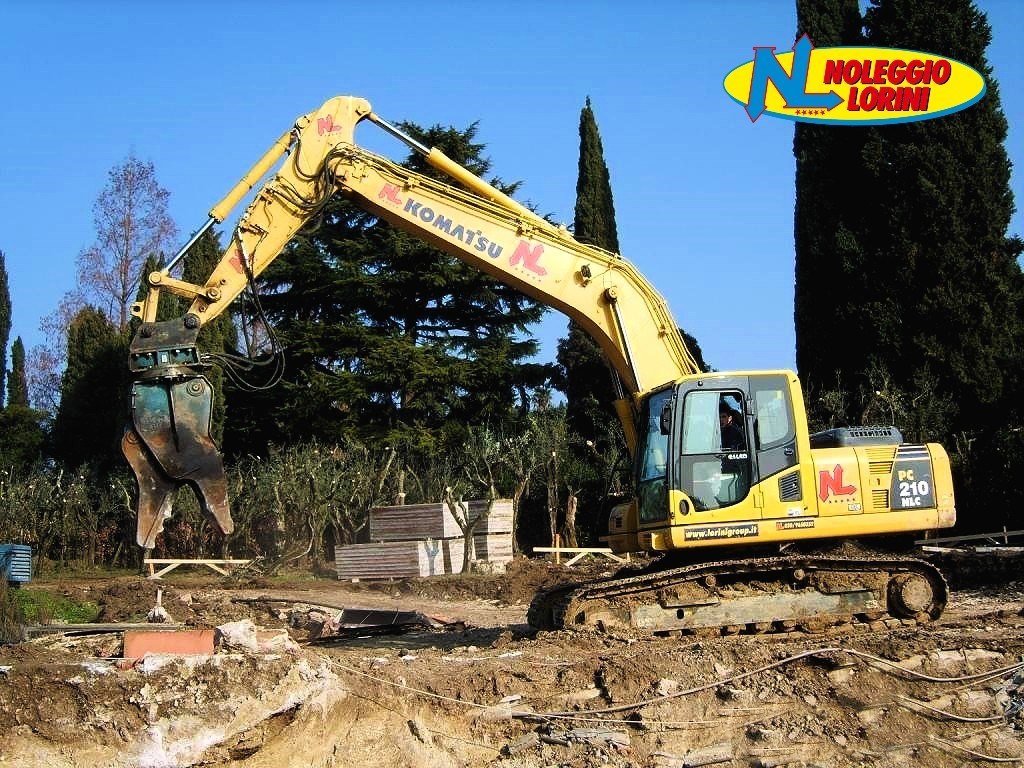 MMT vehicles are among the top cost items for construction companies. Long-term leasing can, if well managed, improve the company's bottom line while having regular access to new vehicles. As corporate fleet managers find it increasingly difficult to navigate a maze of increasingly complex tax systems and new vehicle designs powered by alternative energy, long-term leasing provides a number of answers to these challenges.
This aspect primarily concerns medium-small companies. While large companies in the construction industry have known and used the advantages of long-term rental for a long time, small and medium-sized companies are only just starting to take advantage of this concept. Long-term leasing can save a fleet acquisition budget, provide constant availability of up-to-date and well-maintained equipment, and result in a fixed budget item in the form of vehicle rental costs. The latter are incorporated in the management costs, with consequent advantages for the company's budget. Furthermore, the rental company becomes the single point of contact for the management of all vehicles, with centralized and predefined billing and service levels at the time of signing the contract.
MMT vehicles are among the top cost items for construction companies. Long-term leasing can, if well managed, improve the company's bottom line while having regular access to new vehicles. As corporate fleet managers find it increasingly difficult to navigate a maze of increasingly complex tax systems and new vehicle designs powered by alternative energy, long-term leasing provides a number of answers to these challenges.
This aspect primarily concerns medium-small companies. While large companies in the construction industry have known and used the advantages of long-term rental for a long time, small and medium-sized companies are only just starting to take advantage of this concept. Long-term leasing can save a fleet acquisition budget, provide constant availability of up-to-date and well-maintained equipment, and result in a fixed budget item in the form of vehicle rental costs. The latter are incorporated in the management costs, with consequent advantages for the company's budget. Furthermore, the rental company becomes the single point of contact for the management of all vehicles, with centralized and predefined billing and service levels at the time of signing the contract.
The principles of rental in the construction sector
Renting construction equipment is simple. A construction vehicle is provided in exchange for a monthly rental fee that includes financing and services.Adding a new vehicle to your fleet is only convenient if you can amortize the investment costs in the long term. In a small or medium-sized company, however, the purchase of earthmoving machines represents a high cost both at the time of purchase and over time, with maintenance and management costs. Not to mention that for each specific activity it is good to use the right mean: and this would mean having a well-stocked fleet of machines! Renting therefore represents an advantage, because it avoids the most onerous expenses and allows you to take possession of the most suitable vehicle for carrying out certain operations for a limited period of time.
Flexibility is called
From the first advantage comes the second: flexibility. As already said, thanks to the rental of earthmoving machinery it is possible to use the right machinery in case of specific needs, and moreover only for the established time, without having to invest great capital. Renting instead of buying an earthmoving machine also allows you to bypass some activities, above all ordinary maintenance. In fact, the rental includes full service maintenance and assistance. This means that, faced with any problem, companies can always take advantage of someone ready to intervene.
